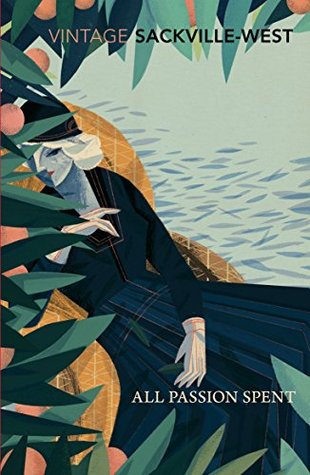More on this book
Community
Kindle Notes & Highlights
Nobody had ever seriously attacked Lord Slane. Nobody had ever accused Lord Slane of being a back-number. His humour, his charm, his languor, and his good sense, had rendered him sacrosanct to all generations and to all parties;
curious, Edith thought, that Death should be the convener, as though all the living rushed instantly together for protection and mutual support.
Mother was wonderful, but what was to be done with Mother? Evidently, she could not go on being wonderful for the rest of her life. Somewhere, somehow, she must be allowed to break down, and then, after that was over, must be stowed away; housed, taken care of.
Mother had no will of her own; all her life long, gracious and gentle, she had been wholly submissive – an appendage.
They anticipated no trouble with their mother. That she might turn round and play a trick on them – several tricks – after years of being merely a fluttering lovable presence amongst them,
Nobody could have foreseen that Father, so dominant always, so paramount, would by the mere act of dying turn Mother into the most prominent figure.
Like the papers in Lord Slane’s desk, Lady Slane must be cleared up; then Herbert and Carrie could get back to their business. Nothing not put actually into words could have been conveyed more plainly.
‘All these things,’ said Carrie, ‘would collapse without you. We realise that. You founded many of them. You have been the life of others. Naturally, you won’t want to abandon them now.’
Besides, I have considered the eyes of the world for so long that I think it is time I had a little holiday from them. If one is not to please oneself in old age, when is one to please oneself? There is so little time left!’
Edith alone frolicked in her mind. She thought her mother not mad, but most conspicuously sane.
(She retained, however, a conviction that many spirits were fundamentally attuned, but so thickly overlaid by the formulas of the world that the clear requisite note could no longer be struck.)
A sense of terror possessed her over the novelty of her opinion being sought on any matter, and she hastily restored the decision into the hands of others. By this method she felt that she might delay the moment when she must definitely and irrevocably become that other person. She could go on, for a little, secretly continuing to be herself.
Acquaintances envied her parents their eldest daughter. There were many who already had an eye on her as a wife for their son.
If he, choosing to read for the Bar, were commended and applauded in his choice, why should she, choosing to be a painter, so shrink from announcing her decision that she was driven to secret and desperate plans for travesty and flight? There was surely a discrepancy somewhere.
It meant, if it meant anything at all, that some uneasy desire wanted black to be black, and white, white; it meant that in the jungle of the terrors of life, the tiny creeping creatures sought reassurance in a formula.
Sometimes, coming away, she felt herself to be so falsely placed in relation to Henry that the burden of life became too heavy, and she wished she might die. It was no phrase: she really wished it. She was too honest not to suffer under the burden of such falsity.
Yet in the midst of her envy something offended her: this intolerably masculine lordliness, this abject feminine submission.
It had never occurred to him that she might prefer simply to be herself.
She had always been aware that the self of her children was as far removed from her as the self of Henry, or, indeed, her own.
Henry should crave for a life of action even as she herself craved for a life of contemplation.
The only things which touched reality were the routine of her life with Genoux; the tiny interests of that life – the tradesmen’s ring at the back door, the arrival of a parcel of books from Mudie’s, the consultation as to Mr Bucktrout’s Tuesday tea, should they buy muffins or crumpets?
She had had enough, in her life, of people whose worldly status was their passport to admission.
and being so old it was agreeable to sit like two cats on either side of the fire warming their bones, stretching out hands so transparent as to let the pink light of the flames through them,
‘Except that you were defrauded of the one thing that mattered. Nothing matters to an artist except the fulfilment of his gift. You know that as well as I do.
Your children, your husband, your splendour, were nothing but obstacles that kept you from yourself. They were what you chose to substitute for your real vocation. You were too young, I suppose, to know any better, but when you chose that life you sinned against the light.’
wondering why, at the end of one’s life, one should ever trouble to read anything but Shakespeare; or, for the matter of that, at the beginning of one’s life either, since he seemed to have understood both exuberance and maturity.


